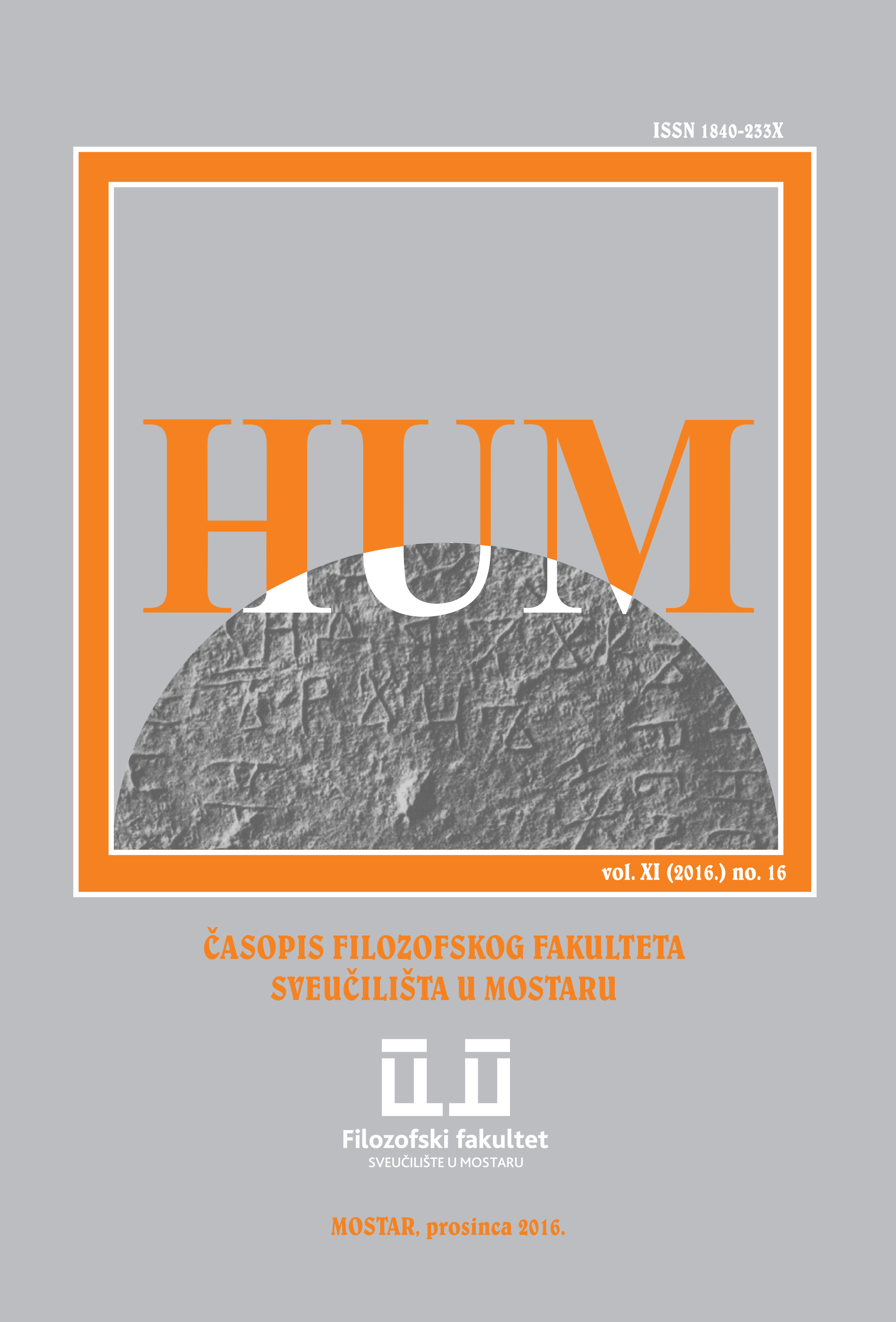VIZIJA SVIJETA U FILOZOFIJI MEISTERA ECKHARTA
VISION OF THE WORLD IN MEISTER ECKHART’S PHILOSOPHY
Author(s): Ivan ŠevoSubject(s): Philosophy, Theology and Religion, Philosophy of Religion
Published by: Filozofski fakultet Sveučilišta u Mostaru
Keywords: philosophy of nature; natural science; holy; mysticism; mystical movements; mystical immersion into reality; divine spark of the soul; dark light of God
Summary/Abstract: Many people have dealt with the question of God, as have the entire history of religion and philosophy. Numerous difficulties arise while trying to understand this question. Surely, for great minds of mankind, in the East as well in the West, it was an acceptable thought that God could not be conceived or expressed by no concept or utterance, i.e. defined by no definition. Therefore, God is for a human of all times simply the inconceivable, the unutterable, and the indefinable one. God goes beyond the world and human, but at the same time penetrates them in a divine way. He abides in the world, encompasses it, and yet cannot be identical with it.Meister Eckhart (1260-1327), an erudite theologist and a leading thinker of the German mysticism is one of the first, unsatisfied with the old as well as with the modern ways of approaching the question of God, who sought out to find an inner third way. The way in which he described and analysed the differences between the ways of existence based on having and on being (to have and to be) is very interesting for us. It is a mystical deliberation that is directed more towards a truthful production of his deep experience than towards building an original system.Indeed, in Eckhart’s thinking the central thesis is that men firstly need to be free of any desire, then of avarice together with any structure of having as all ethic norms are rooted in the ethics of being, sharing and solidarity. In fact, his radical demand is to completely give up the orientation toward having, i.e. to advocate all-encompassing innocence, as well as the demand for social action in the spirit of love to our neighbours and human solidarity. He builds his attitudes on a firm ground - Jesus Christ, who for Eckhart is the hero of love, the hero without power, who did not apply force, who did not want to rule, who did not want to have anything. He was a hero of being, giving and sharing. In this paper the author has tried, as much as possible, to precisely represent the work of Meister Eckhart in its entirety, which, by the strength of its spiritual expression and socio-religious influence, is one of the most original documents of mysticism and mystic theology within the “western” context. To recall, Eckhart lived and worked in the transition of 13th and 14th century, and that was socially and spiritually speaking a very turbulent time that followed after the golden age of scholasticism; that was the time of creating great philosophical and theological systems, and so the modern way, which was threaded by many young thinkers of the time, came across tremendous resistance and opposition.
Journal: Hum
- Issue Year: XI/2016
- Issue No: 16
- Page Range: 143-164
- Page Count: 22
- Language: Croatian

